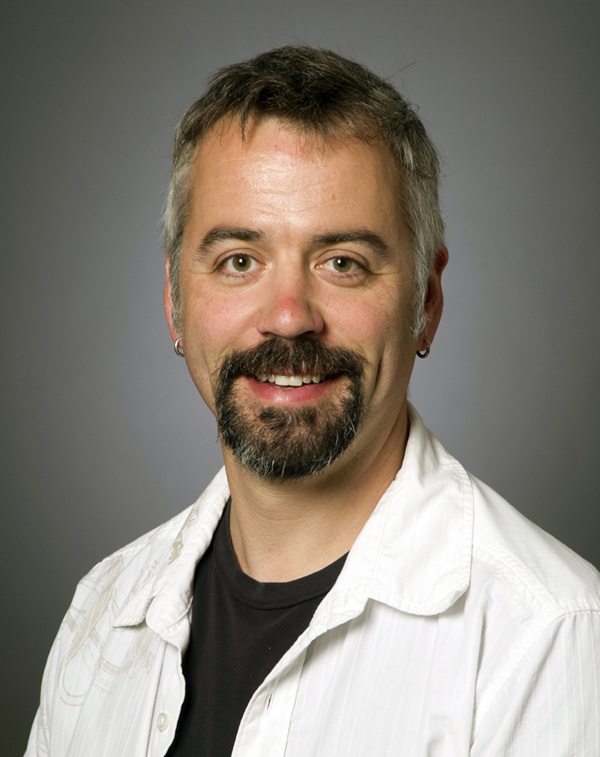Scott Wankel
Research in the Wankel lab aims to improve our understanding of the biogeochemical feedbacks that control elemental nutrient cycling in marine and coastal environments around the globe. Specifically, we are interested in identifying sources and cycling mechanisms (with a major focus on nitrogen) in order to improve our understanding of the controls on ecosystem function. By examining the interface between biotic and abiotic elemental transformations and how the coupling between geochemistry and microbiology affects ecosystem functions in marine environments, we work to enable prediction of the response of ecosystems to impending environmental change (whether natural or anthropogenic). These transformations are often complex and therefore involve tracking concentrations and stable isotopic compositions of a variety of nitrogen-containing compounds primarily including nitrate, nitrite, ammonium, and nitrous oxide. Our work is therefore not rooted in a single type of environment and includes deep-sea projects at hydrothermal vents and hydrocarbon seeps, coastal projects in estuaries, tidal marshes and aquifers and more elemental geobiological projects that use sophisticated lab techniques for answering questions about fundamental interactions between microbiology and geochemistry.
Approaches regularly used in the Wankel lab include multi-stable isotope analyses and the development and deployment of cutting-edge in situ sensor technologies. In practice our approach to exploring these questions is often two-sided: On the one hand, we employ experimental techniques in the lab to understand how biogeochemical processes are recorded in stable isotopic compositions in the environment and on the other hand, we work to extract information about rates and mechanisms of biogeochemical transformations rates from those isotopic compositions in order to improve our understanding of ecosystem functioning.
Related Links
Scott's website.
